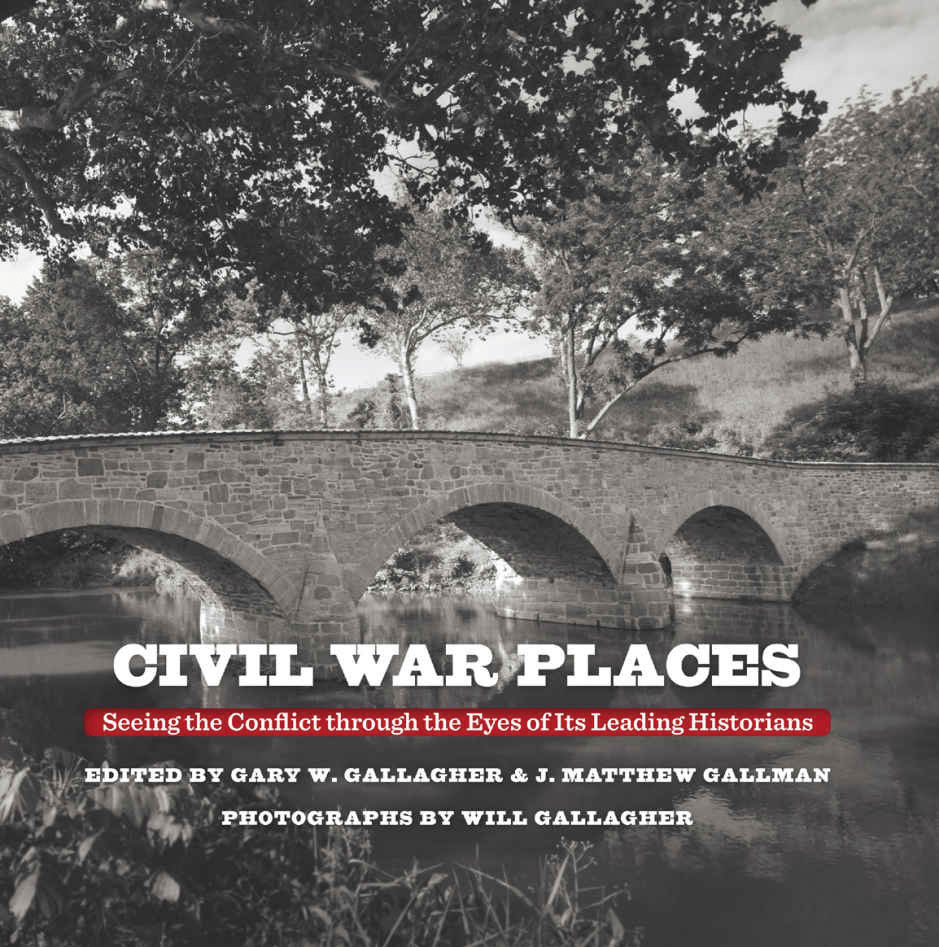New & Noteworthy
Summer 2019

A Matter of Will by Adam Mitzner (Law ’89)
Stockbroker Will Matthews’ dreams come true only to have his life devolve into a nightmare. The novel’s epigraph, by Johann Wolfgang von Goethe, ominously foreshadows this tale of riches, deception and grim choices: “We are our own devils; we drive ourselves out of our Edens.”

Children of God: New and Selected Stories by David H. Lynn (Grad ’80, ’84)
Thirteen short stories by the editor of The Kenyon Review, including the O. Henry Award-winning “Divergence,” examine “how the ideas we use to give purpose to our lives, whether they be modest or grand, are all too often set on unstable terrain.”

The Lost Prince: A Search for Pat Conroy by Michael Mewshaw (Grad ’66, ’70)
With this book, Mewshaw carries out a request from his estranged friend, novelist Pat Conroy: to write “about me and you and what happened.” Correspondence and photos help illuminate the story of a friendship, from Mewshaw and Conroy’s days as burgeoning writers in Rome to their painful schism and beyond.

Civil War Places: Seeing the Conflict Through the Eyes of Its Leading Historians edited by Gary W. Gallagher (Faculty) and J. Matthew Gallman
Twenty-five essays and corresponding photos convey the meaning of place within the context of the Civil War. Historians discuss the personal, political and social significance of sites including Antietam’s Burnside Bridge, Harvard University’s Memorial Hall and Tredegar Iron Works in Richmond, Virginia.

Edward M. Kennedy: An Oral History by Barbara Perry (Grad ’86, Faculty)
A product of the Edward M. Kennedy Oral History Project, this volume draws on 23 interviews with the senator and hundreds more with colleagues, opponents and family. The result tells the story of a life characterized by devastating loss, “infectious joie de vivre, a profound humanity, and … feet of clay.”

Can You Hear Me? How to Connect With People in a Virtual World by Nick Morgan (Grad ’77, ’81)
Claiming that “every form of virtual communication strips out the emotional subtext of our communi-cations,” Morgan identifies five aspects lacking in virtual exchange—feedback, empathy, control, emotion, and connection and commitment. He offers guidance for avoiding the pitfalls of miscommunication, including practical tips for better video conferences, emails and calls.